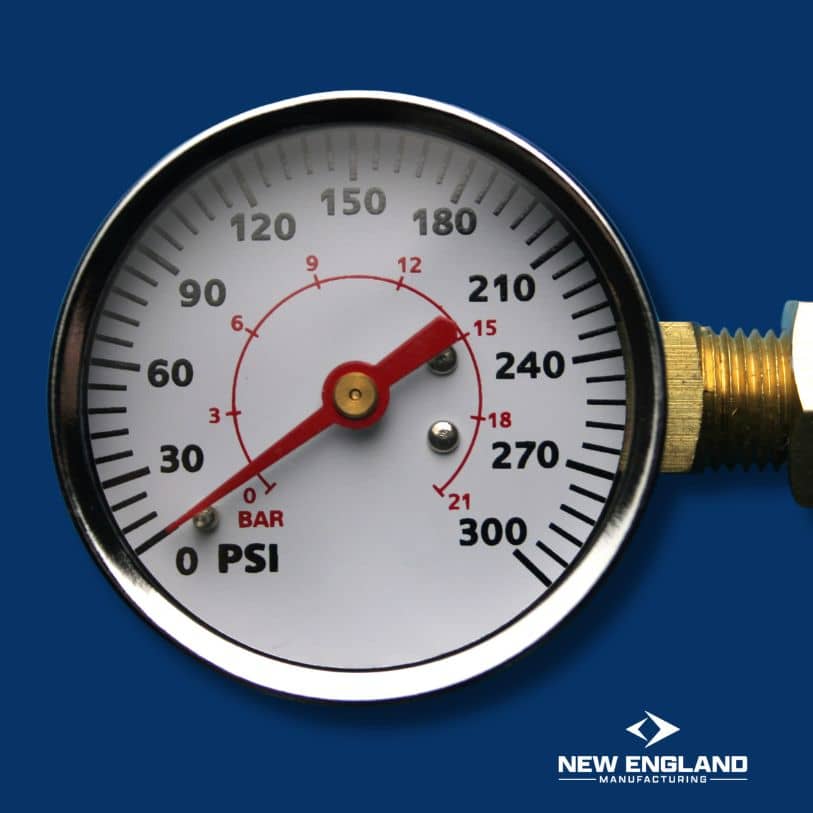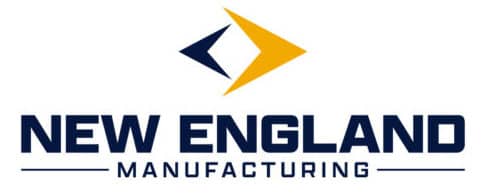The Essential Guide to Water Pressure Meters: Ensuring Optimal Performance in Water Systems
In our quest for efficient resource management, particularly in water systems, the role of water pressure meters emerges as pivotal. This post delves into the world of water pressure meters, exploring their significance, functioning, benefits, and best practices in water system management. Let’s embark on this informative journey to discover why a water pressure meter is a must-have in your water management toolkit.
In-Depth Understanding of Water Pressure Meters
The journey to harnessing the potential of a water pressure meter begins with a deep understanding of its function. Essentially, this device measures the force exerted by flowing water in a system. Understanding this pressure is critical, as it helps in determining whether the system operates within a safe and efficient range. Excessive pressure can lead to damage and wastage, while insufficient pressure affects flow and appliance efficiency. A water pressure meter, therefore, serves as a vital diagnostic tool, providing real-time data that allows for immediate and informed decisions regarding system adjustments and maintenance.
Comprehensive Benefits of Water Pressure Meters
Incorporating a water pressure meter into your water system reaps multiple benefits. It acts as an early warning system, alerting you to high-pressure levels that could eventually damage pipes and fixtures, leading to costly repairs. By enabling the detection of these issues in their infancy, you can prevent small problems from escalating into major ones. Furthermore, these meters are instrumental in conserving water. In settings where water conservation is critical, a water pressure meter helps maintain optimal pressure, thus reducing unnecessary water flow and contributing to environmental sustainability.
Best Practices in Utilizing Water Pressure Meters
Maximizing the benefits of a water pressure meter hinges on its correct usage and maintenance. Installing the meter in a location that represents the system’s overall pressure is crucial for accurate readings. Regular maintenance, including periodic calibration, ensures the meter’s long-term accuracy and reliability. Understanding how to interpret the readings is equally important, as this knowledge allows for swift and effective adjustments to maintain the system’s optimal pressure. Regular monitoring can also help in identifying trends and making proactive adjustments to avoid future issues.
Addressing Common Water Pressure Challenges
A water pressure meter is an invaluable asset in identifying and addressing common water pressure challenges. Fluctuations in pressure can be indicative of various issues within the system. The meter can help determine whether these fluctuations are due to changes in the external water supply or internal system problems like leaks or blockages. Once you pinpoint the cause, you can take appropriate measures to rectify it, thus ensuring a stable and reliable water supply and preventing potential damage to the infrastructure.
Selecting the Ideal Water Pressure Meter
Choosing the right water pressure meter involves considering several factors. The variety of meters available caters to different needs, from simple residential requirements to complex industrial demands. Factors to consider include the size of your water system, the complexity of your requirements, and budget constraints. Digital meters with advanced features might be more suitable for complex systems, offering functionalities like data logging and remote monitoring. Seeking advice from experts can also guide you in selecting a meter that best fits your unique need with nemfg.com.
Technological Integration with Water Pressure Meters
In an age where technology permeates every aspect of our lives, integrating water pressure meters with modern tech offers enhanced monitoring and management capabilities. Smart meters, for instance, provide real-time data and alerts, enabling immediate response to any deviations from the norm. This connectivity allows for remote monitoring, making it possible to keep track of your water system’s health from anywhere. The data collected can be invaluable in analyzing usage patterns, facilitating more informed decisions on water management, and identifying opportunities for efficiency improvement.
Conclusion
To sum up, the role of a water pressure meter in effective water system management is undeniable. From gaining a thorough understanding of its functionality to reaping its myriad benefits and employing best practices for optimal use, every aspect is crucial. Addressing common water pressure challenges, selecting the right meter, and leveraging technological advancements enhance the overall efficiency and sustainability of water systems. Integrating a water pressure meter into your system is a proactive step toward ensuring optimal performance and longevity.

Mark R.
With a strong foundation in industrial safety and fire protection systems, Mark R. specializes in creating clear, technical, and compliance-driven content. Writing for SafeTech Reports, he covers topics such as fire hydrant testing, PPE protocols, emergency procedures, and smart technology integration in safety systems. His work ensures that professionals stay informed on the latest regulations, best practices, and emerging trends in safety and infrastructure maintenance.
Get in touch
We usually respond within 24 hours
Need Reliable Water Flow Test Equipment?
For over 70 years, New England Manufacturing has been the trusted source for fire hydrant and water flow testing kits. From pitot gauge kits to custom test kits, we provide precision, durability, and expert calibration to meet your needs.
- Custom-built test kits
- High-quality pressure gauges
- Reliable calibration services


